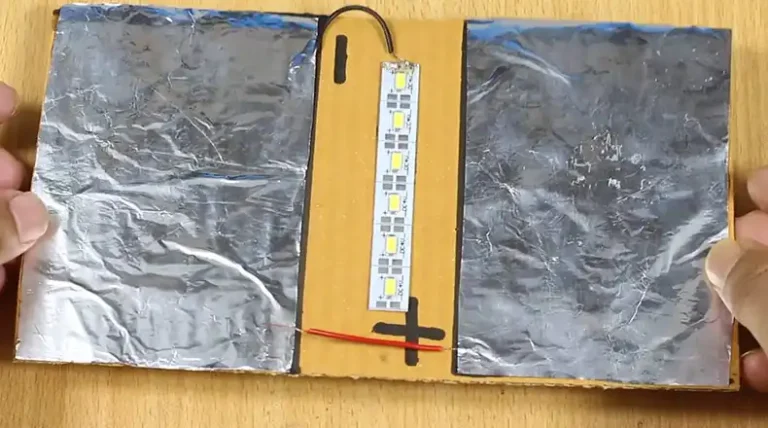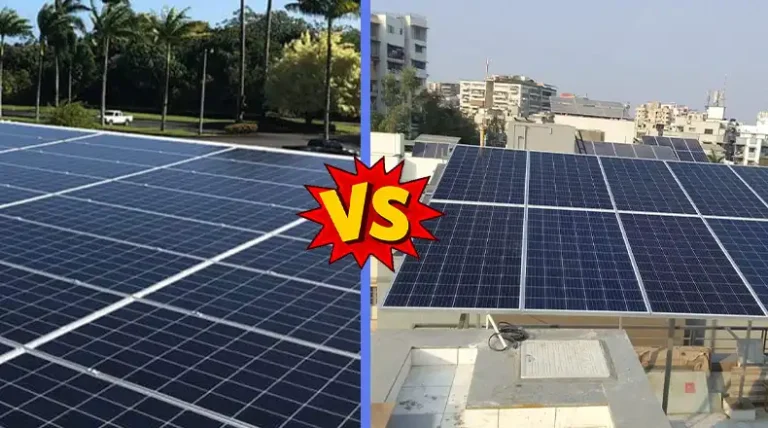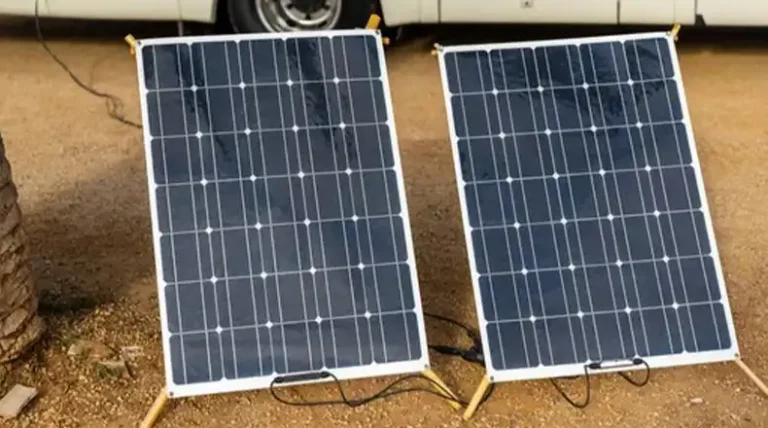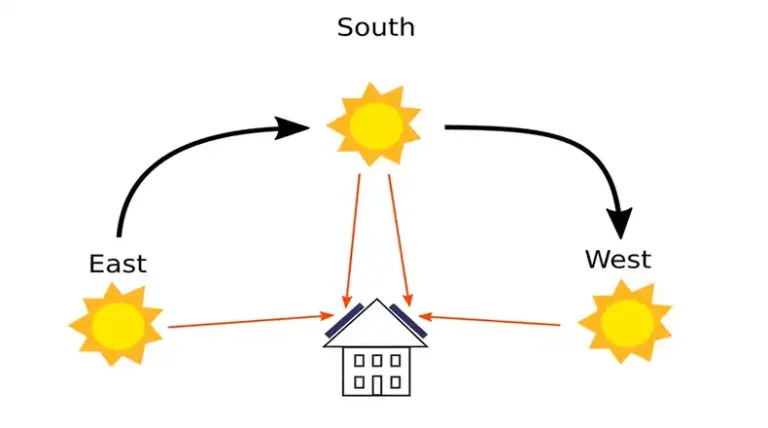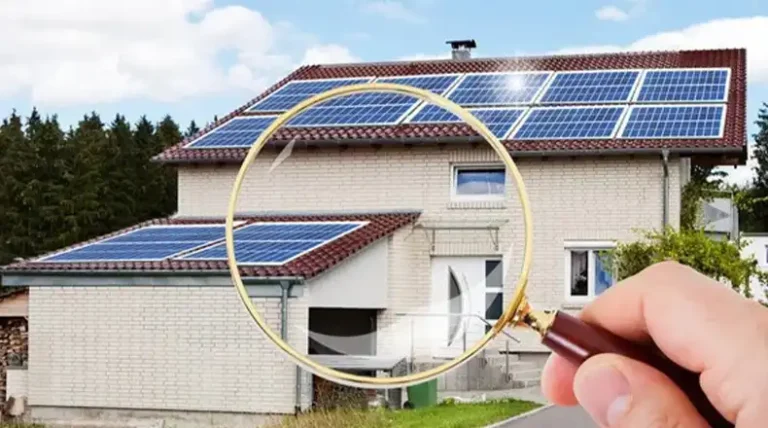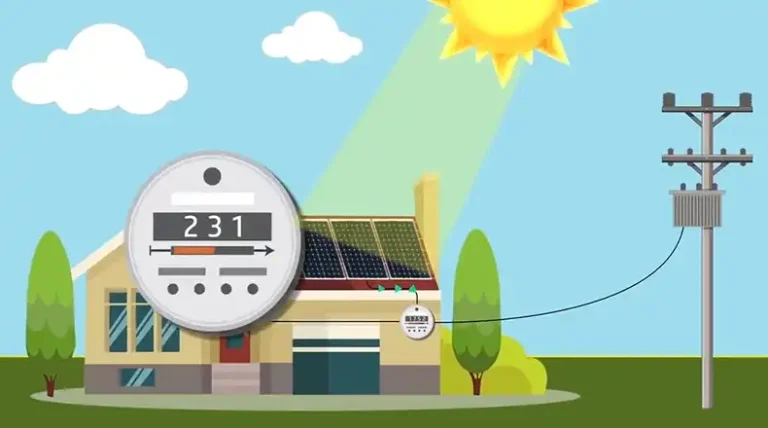Can You Use Solid Wire for Solar Panels? Is It Safe?
Solar energy is becoming increasingly popular as a renewable and sustainable energy source. However, installing a solar panel system can be complex and requires careful planning. One of the important decisions you need to make is what type of wire to use.
There are two main types of wire used for solar panel installations: solid wire and stranded wire. Solid wire is made up of a single strand of metal, while stranded wire is made up of multiple strands twisted together.
So, can you use solid wire for solar panels? The answer is yes, you can use solid wire for solar panels. However, there are a few things you need to keep in mind before doing so.
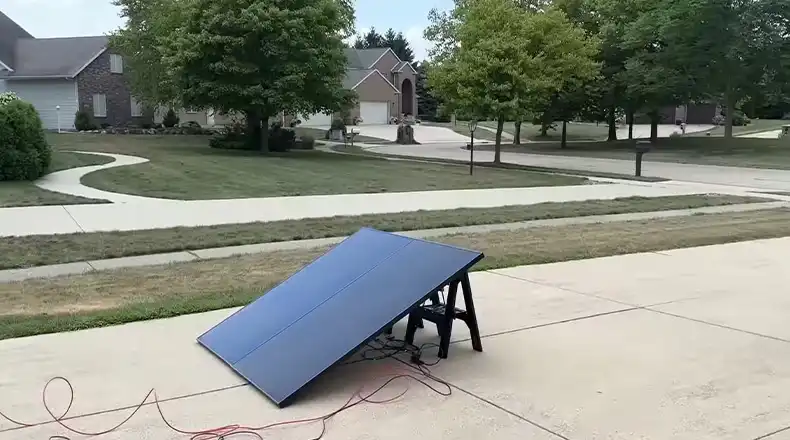
Is It Ideal to Use Solid Wire for Solar Panels?
Solid wire is widely used for solar panels; however, solid wire is not the best choice for solar panel installations in general because it is more rigid and less flexible than stranded wire. This makes it more difficult to work with and more likely to break if it is bent or twisted too often.
Stranded wire, on the other hand, is made up of multiple strands of metal that are twisted together. This makes it more flexible and less likely to break. Stranded wire is also easier to strip and terminate than solid wire.
However, the solid wire does have some advantages over the stranded wire. It is less expensive and has a smaller diameter, which makes it easier to pull through conduit. Solid wire is also better at conducting electricity than stranded wire.
Overall, stranded wire is the better choice for most solar panel installations because it is more flexible and durable. However, solid wire may be a good option for short runs of wire, indoor installations, and tight spaces.
Things to Remember Before Using Solid Wire for Solar Panels
Before you rush to buy spools of solid wire for your solar installation, there are a few key points you should consider:
1. Flexibility
Solid wire is less flexible than stranded wire, so it is important to avoid bending it too sharply. This is especially important if you are installing your solar panels in a windy or high-traffic area. If you need to bend solid wire, do so gradually and carefully to avoid damaging it.
2. Vibration
Solid wire is also more susceptible to vibration than stranded wire. If your solar panels are likely to experience a lot of vibration, it is best to use stranded wire instead. This is especially important for solar panels that are mounted on vehicles or in other areas where they are likely to be exposed to vibration.
3. Corrosion
Solid wire is more susceptible to corrosion than stranded wire. If you are installing your solar panels in a humid or coastal environment, it is important to use corrosion-resistant wire or to take steps to protect the wire from corrosion. This can be done by using a conduit or by coating the wire with a corrosion-resistant material.
Overall, solid wire is a good choice for solar applications as long as you take the necessary precautions. If you are unsure whether to use solid or stranded wire for your solar application, it is best to consult with a qualified solar installer.
When You Should Use Solid Wire for Solar Panels
So, when is it best to go solid? Here are some scenarios where solid wire shines like a well-placed solar array:
- Shorter Runs: For shorter distances, solid wire can be a cost-effective choice. It’s robust, easy to handle, and can be an efficient conductor.
- Low-to-Medium Voltage Systems: If your solar installation operates at low to medium voltage levels, solid wire can perform admirably without the need for the flexibility that comes with stranded wire.
- Fixed Installations: For solar panels mounted on rooftops or in a fixed position, solid wire can be a dependable choice. It won’t see the constant flexing and movement that demands stranded wire.
- Economic Considerations: Solid wire is often less expensive than stranded wire, making it a tempting choice for budget-conscious solar enthusiasts.
Final Thoughts
In the grand scheme of solar panel installations, the choice between solid and stranded wire might not be as earth-shattering as, say, a supernova, but it can certainly make a difference. So, if you’re contemplating solid wire for your solar panels, remember the key factors: gauge, conductor material, protection from the elements, and proper insulation.
FAQs (Frequently Asked Questions)
1. Is solid wire better than stranded wire for solar panels?
Solid wire can be better for shorter cable runs and fixed installations due to its cost-effectiveness and efficiency. However, the choice depends on your system’s specific requirements.
2. What gauge of solid wire is suitable for solar panels?
The gauge of solid wire you need depends on factors like distance and amperage. For most residential solar installations, 10-12 gauge solid copper wire is often sufficient.
3. Can I use aluminum solid wire for my solar panels?
Yes, you can use aluminum solid wire for your solar panels, but copper is a preferred choice due to its superior conductivity and corrosion resistance.
4. Are there any safety concerns with solid wire for solar panels?
Solid wire is safe for solar panels as long as it meets the necessary standards for outdoor use and is properly insulated.

